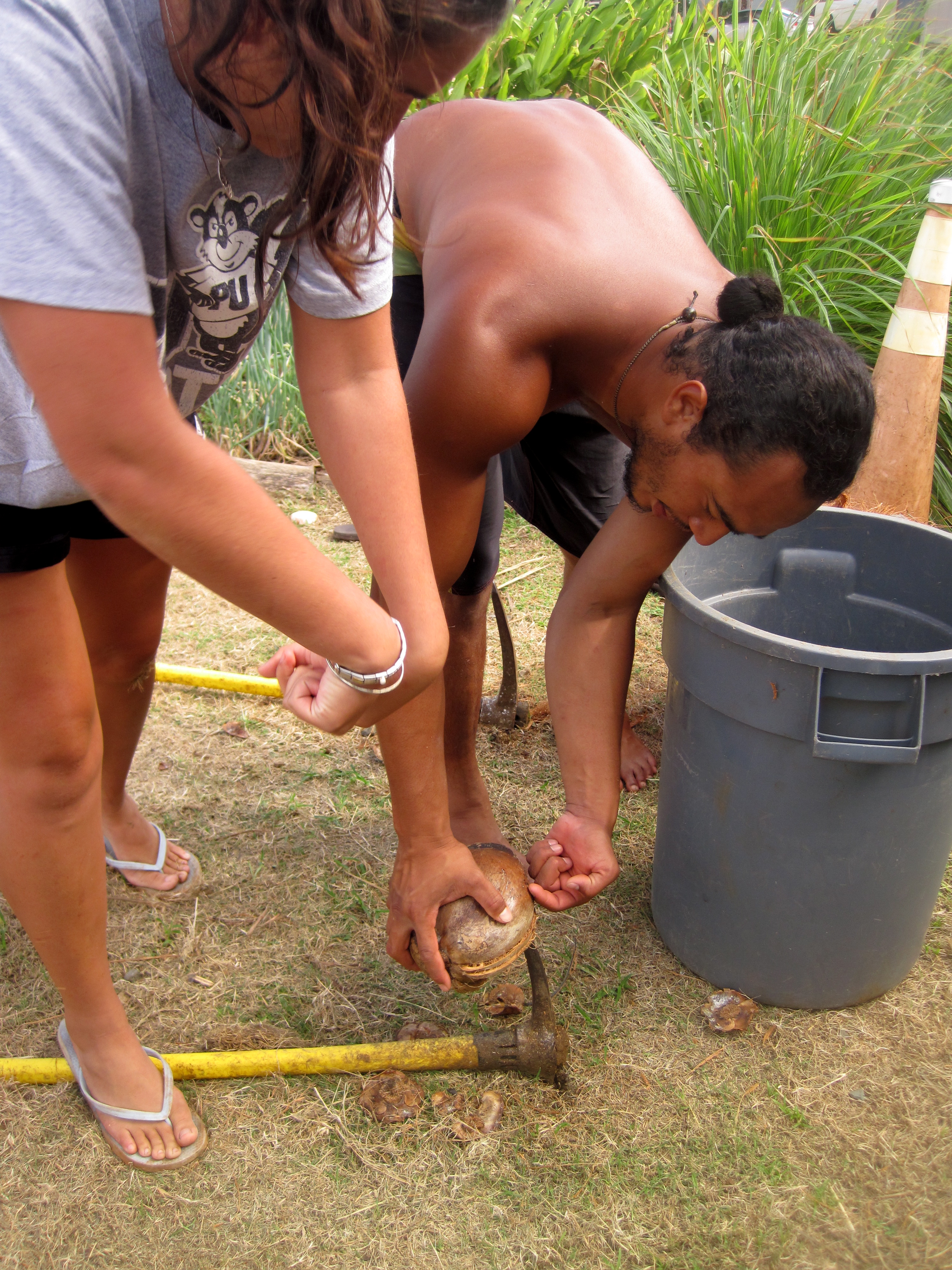COSEE Island Earth recognizes the importance of Hawaiian culture and history when dealing with all aspects of Hawai'i, including science endeavors.
The cultural, economic, ecological, and subsistence importance of the ocean and its resources to Hawaii’s communities demands that successful science collaborations place their work within these contexts. COSEE Island Earth supports place-based research and education, and encourages the integration of Hawaiian and Western science, resource management principals, pedagogies, and philosophies to address contemporary issues.
• COSEE Communicating Ocean Sciences course for Hawai‘i: The Communicating Ocean Science (COS) course developed by COSEE California allows college students interested in marine science to receive science teaching and communications training that includes practical experience at schools and informal education centers such as aquaria and ocean workshops. This course has been adapted for Hawaii, focusing on place-based information by integrating traditional knowledge readings, field trips to culturally relevant sites, and discussions of learning styles and conservation values from a Hawaiian perspective.
• Interdisciplinary fellowships: Two stipends per year are awarded to an Ocean Science/Hawaiian Studies student team at the University of Hawaii working collaboratively to bridge traditional knowledge with current science research.
• Interdisciplinary Symposia: An effort to build collaboration between educators, researchers, and local communities, COSEE IE periodically convenes special sessions at science and education conferences highlighting effective practices in integrating traditional and scientific ways of knowledge (American Geophysical Union 2010, The Wildlife Society 2011, and National Marine Educators Association 2012.)
|

